Bad Axe Sets the Stage for Cannabis Business Regulation with New Ordinance Draft
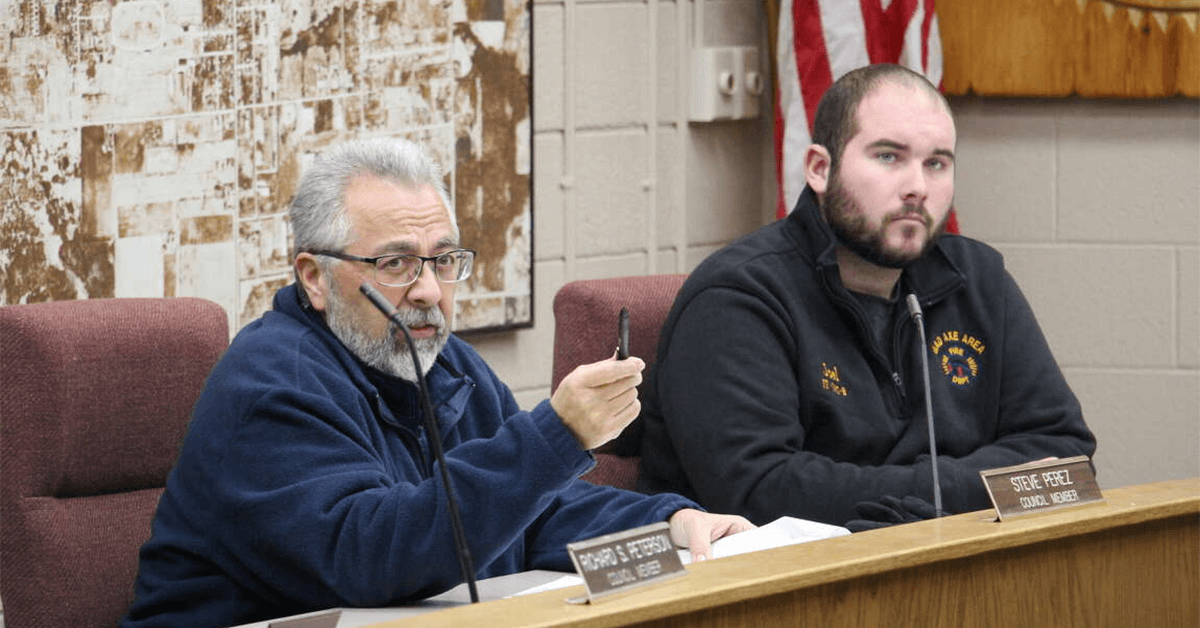
The Bad Axe City Council, in its recent meeting on February 5th, engaged in a significant discussion regarding the inaugural draft of a proposed marijuana ordinance, focusing on the regulation of cannabis businesses within the city. Police Chief Shawn Webber provided a detailed overview of the available licenses under the draft ordinance, highlighting the inclusion of two principal business types: retailers and micro-businesses. He emphasized the potential tax revenue benefits, particularly from these entities, estimating an annual income of approximately $56,000 per license issued.
Retail stores, as outlined, would source their products from distributors, in contrast to micro-businesses, designed to cultivate and produce all goods on-site. The draft proposes a cap of two licenses for each business type, a figure that City Manager Rebecca Bachman noted could be revisited and adjusted to possibly include more varieties of businesses or increase the allowed number.
The dialogue also touched upon concerns related to cultivation facilities, especially in light of public complaints about odors emanating from a facility in Vassar. To mitigate similar issues, it was suggested that micro-businesses, capable of on-site production, be restricted to industrial zones, while retail establishments could be located within business districts. Currently, the ordinance draft does not cover cultivation facilities, reflecting the city's historical focus on retail-based inquiries.
Chief Webber also shared insights from discussions with Bay County law enforcement, cautioning against oversaturating the market with cannabis businesses, a scenario believed to have led to business closures in Bay County due to intense competition.
On the topic of safety, Webber reassured the council that, based on data from surrounding areas, the primary safety concerns associated with cannabis businesses were retail fraud and break-ins, without a significant uptick in overall crime rates. He also highlighted that cannabis businesses are subject to stringent state regulations, ensuring that local enforcement can concentrate on other community matters.
Following the discussion, Bachman indicated that a final draft of the ordinance is underway, with plans to present it for a vote at the council's next meeting. Subsequent steps would involve forwarding the ordinance to the planning commission and organizing public hearings.
Additionally, the council approved an increase in election inspector pay to $16 per hour and an incentive program for water treatment and water operators to obtain additional licenses. However, a request for back pay for an employee was not supported.
The next council meeting is scheduled for February 20th, following a closure on February 19th in observance of Presidents Day.
Share this article:
Spotted a typo, grammatical error, or a factual inaccuracy? Let us know - we're committed to correcting errors swiftly and accurately!
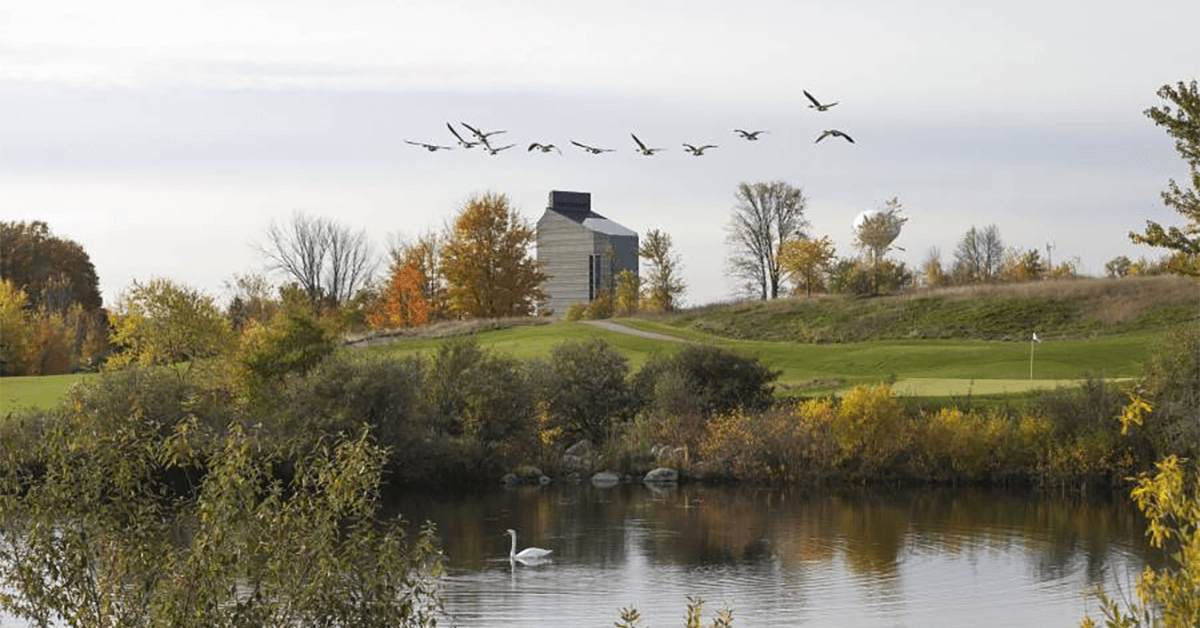
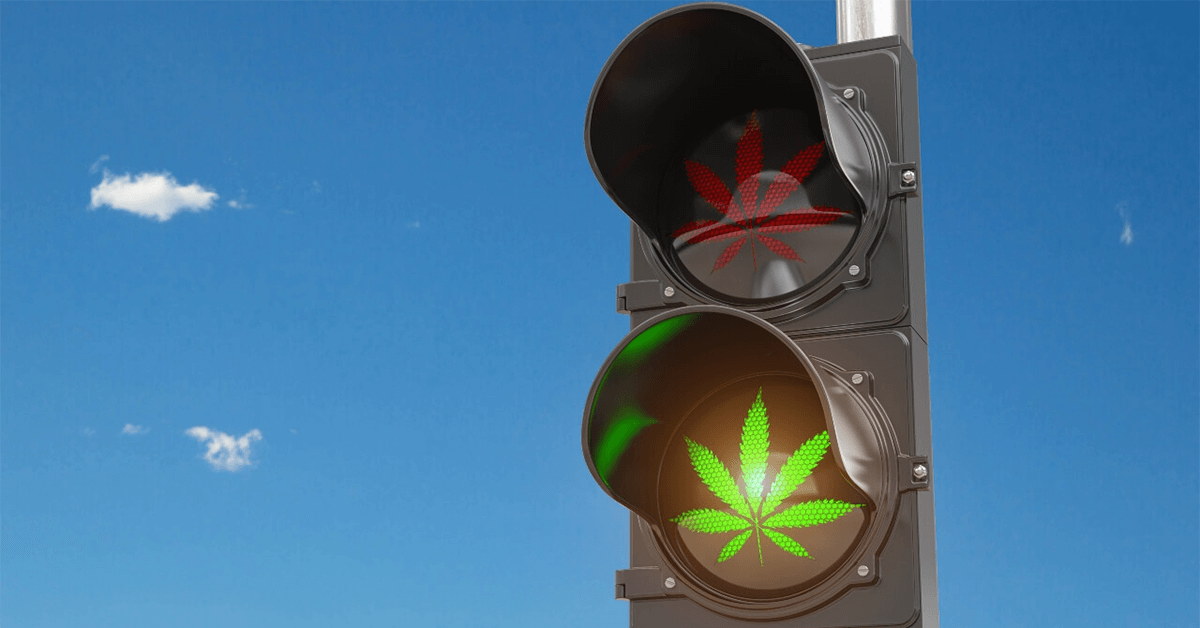
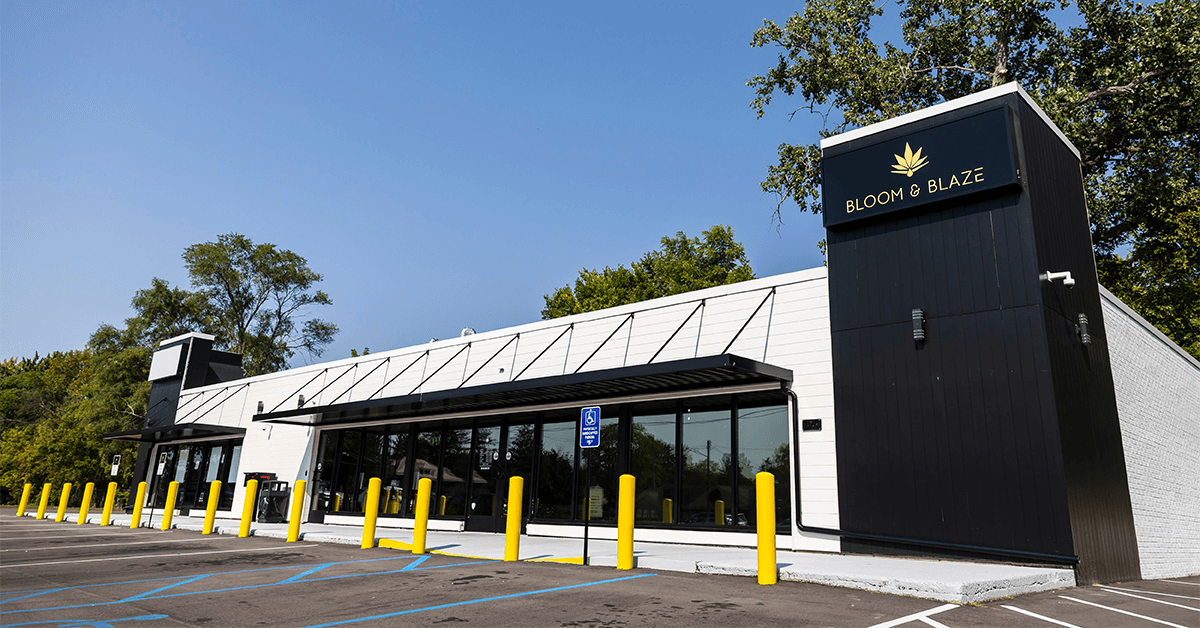
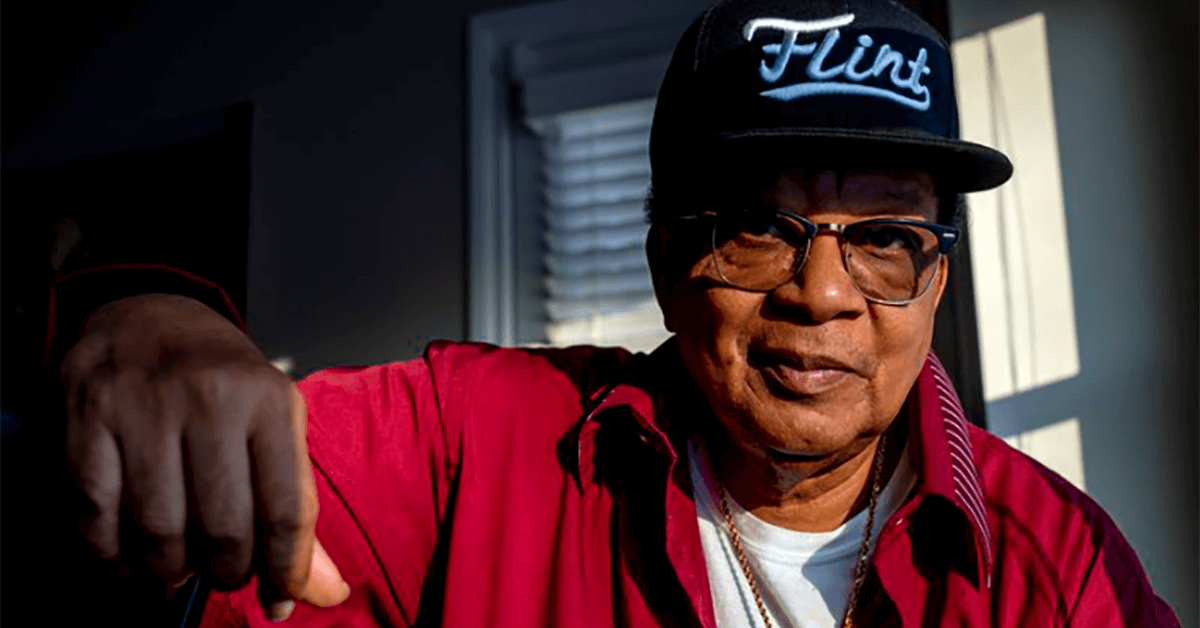




 Helpful Links
Helpful Links